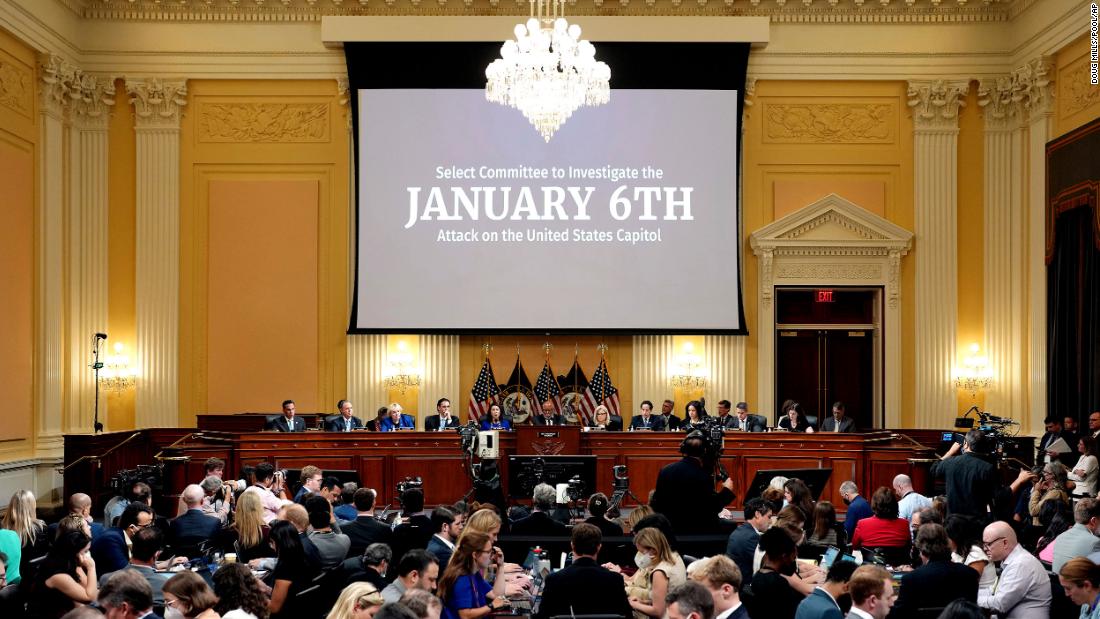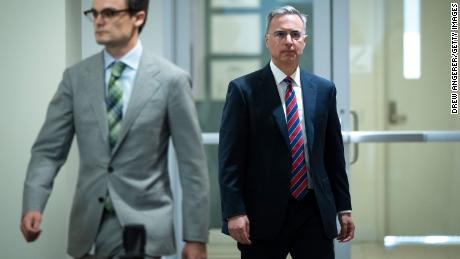
In a recent experiment, we showed over 2,100 Republican voters several real messages from Republican politicians who have endorsed the legitimacy of the 2020 election results (others saw similar endorsements from Democrats, or no information about the election at all in a neutral “control” condition). We then asked the voters whether they believed that the 2020 election was legitimate — and about their trust and confidence in American elections in general.
Voters who saw the Republican messages in our experiment were five percentage points more likely to say that the 2020 election was legitimate than those who saw the Democratic messages or no election messages, and they were six percentage points more likely to say that they trusted the American electoral process. While these effects may seem modest at first glance, they reflect the potential for significant shifts in public opinion.
These effects also reflect the results of just one small set of election-affirming messages delivered over a period of a few minutes from the like of former President George W. Bush, Sen. Susan Collins of Maine, former US Attorney General William Barr — and others. There is reason to believe that continued coverage of Republican endorsements of the election results — such as those that have been featured repeatedly during the January 6 hearings — could have an even bigger impact, beginning the potentially long process of restoring bipartisan faith in our elections.
So, how do messages from Republicans influence voters’ attitudes? Examining our data further, we found that the effects appear to be driven by increases in voters’ perceptions of the proportion of Republican leaders who reject Trump’s claims. Voters who saw the Republican messages in our experiment perceived that a higher percentage of Republican politicians endorse the 2020 election results than voters in the other two experimental groups, and this view was associated with voters’ own election attitudes. This implies that as voters see more and more Republican leaders rejecting Trump’s claims, their attitudes are likely to shift, too.
Will the Republican Party face backlash if Republican candidates break ranks and endorse the 2020 election results? We measured whether the messages in our experiment impacted voters’ overall favorability toward the Republican Party and found that they had no effect on Republicans’ views. This is important because it suggests that rejecting the false claim of election fraud in 2020 is likely to have little impact on the party brand.
When it comes to tackling voters’ skepticism about the legitimacy of the 2020 election, our findings suggest that continued media coverage of prominent Republicans endorsing the election results — a recurring theme of the January 6 hearings — does matter.
Without widespread confidence in elections, peaceful transfers of power in democracies are uncertain, increasing the risk of anti-democratic power grabs and societal instability. To address election skepticism, and to reverse the erosion of American democracy as we know it, we can only hope that Republican leaders will stand up and endorse the 2020 election results in greater numbers — and that media coverage will increase awareness of those Republicans who have already rejected Trump’s claims.
Perhaps our best hope for restoring bipartisan faith in elections is if events like the hearings encourage more Republican leaders to step up and dissent from Trump’s lies. If enough additional Republicans stand up, there is potential for a cascade of others to follow, creating a critical mass of Republican leaders endorsing the election results.
